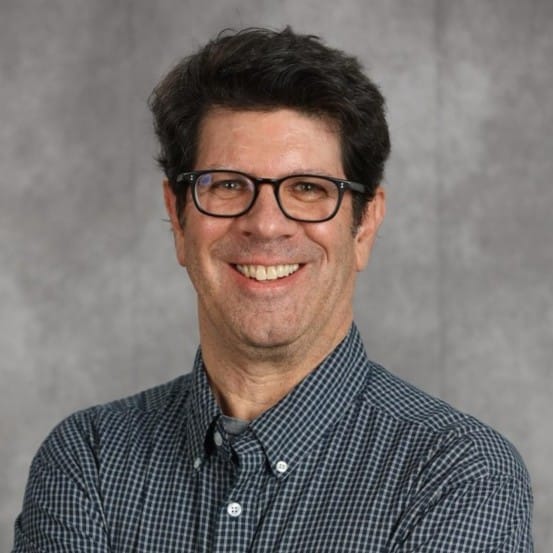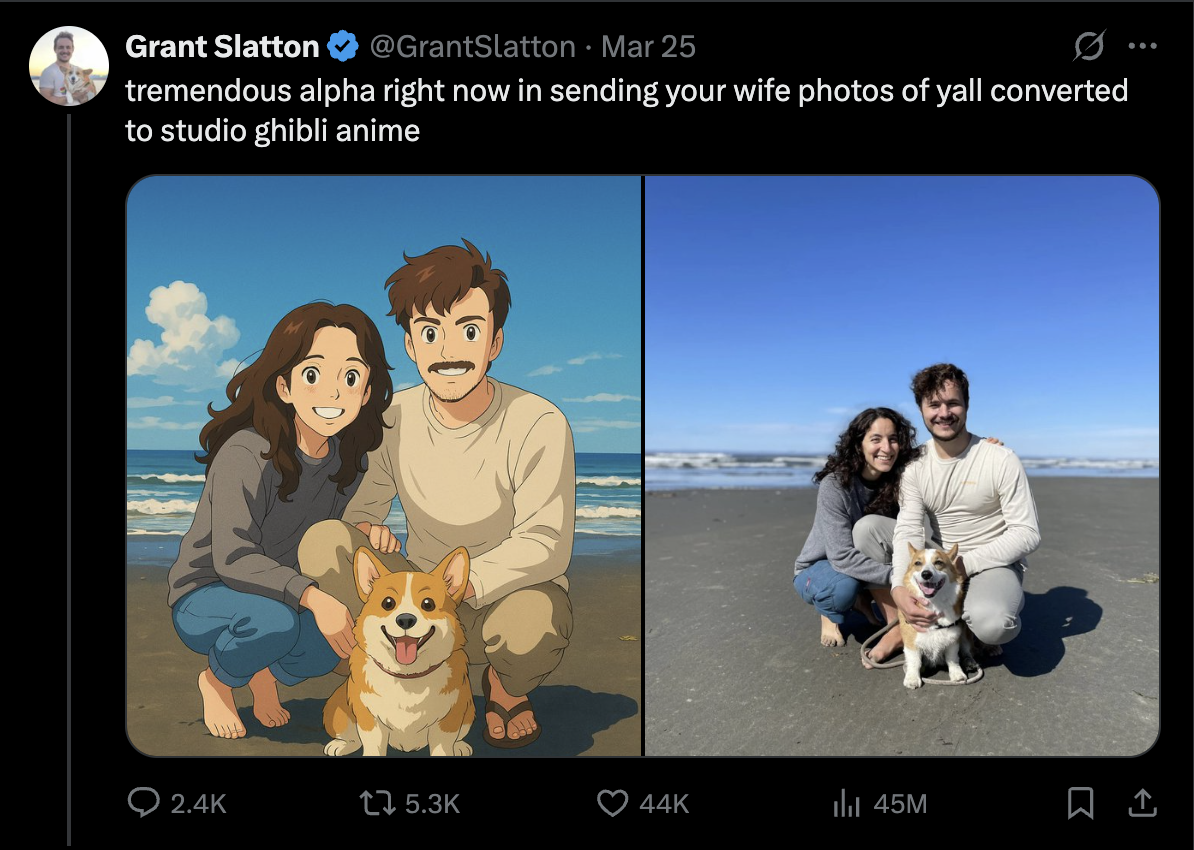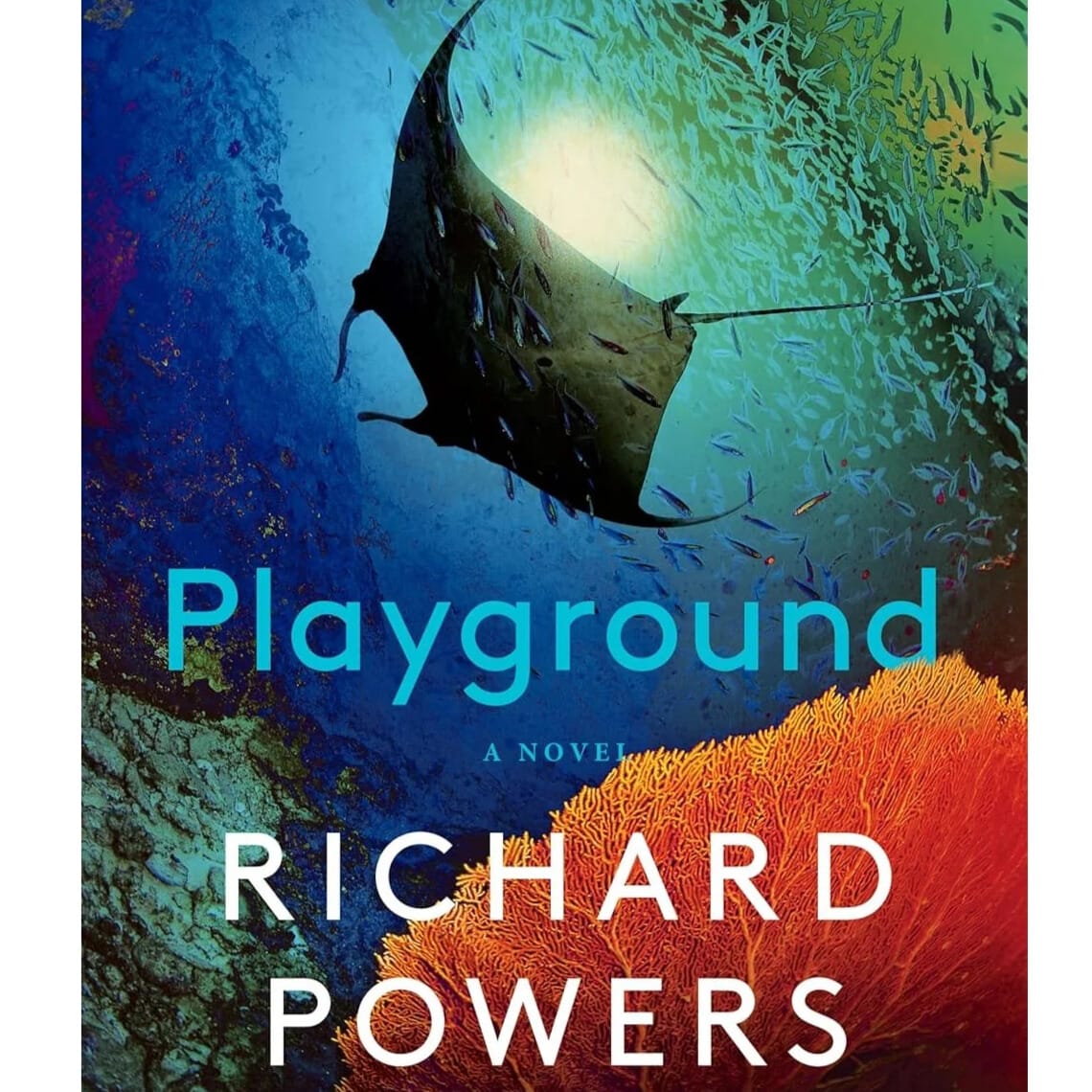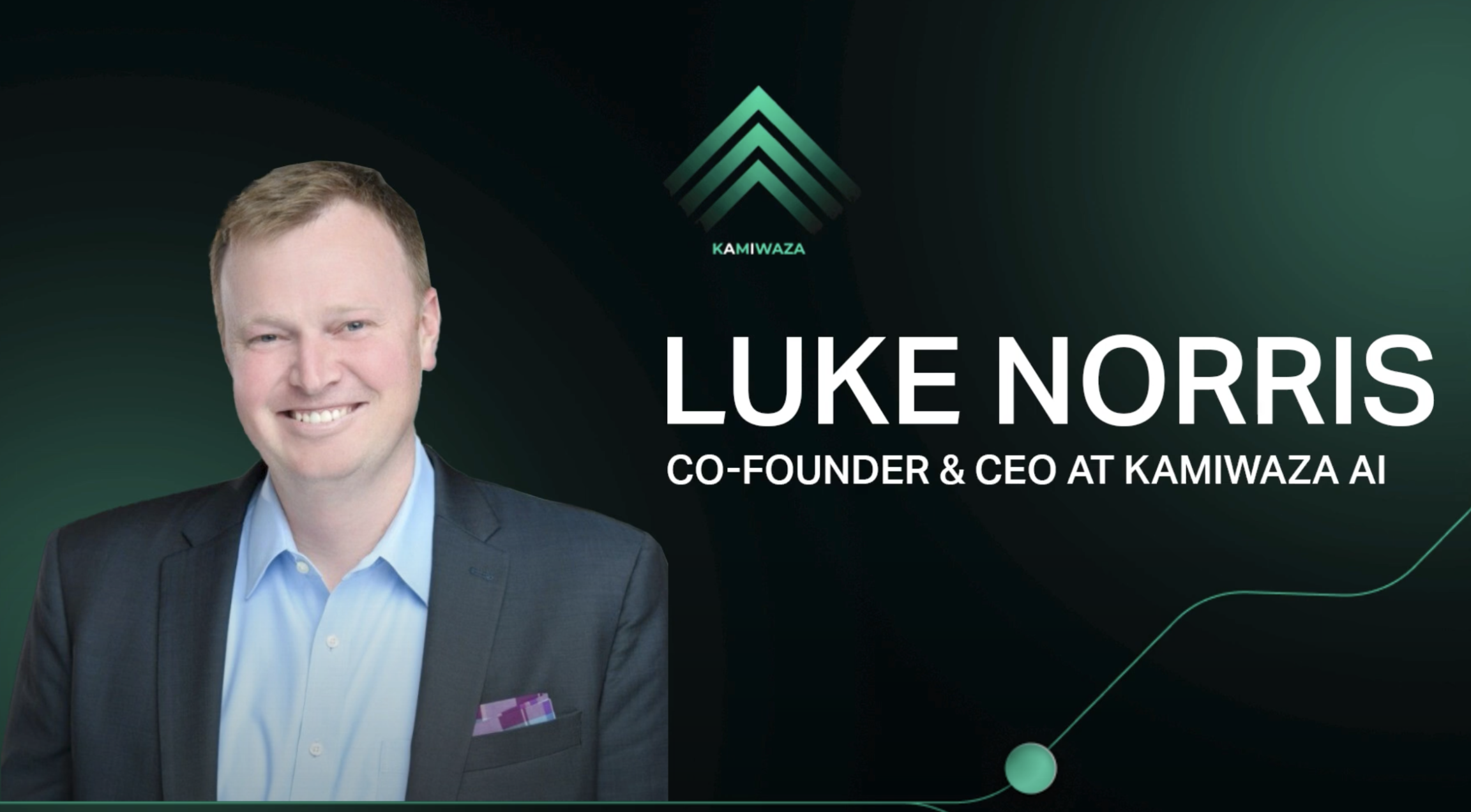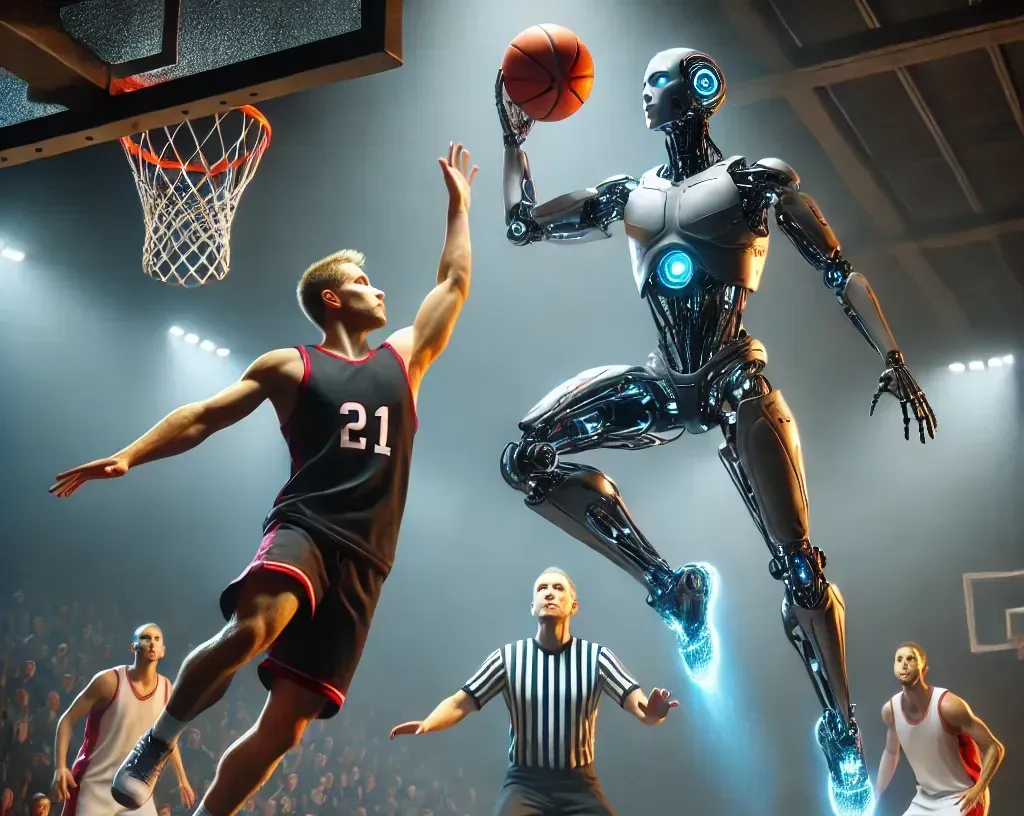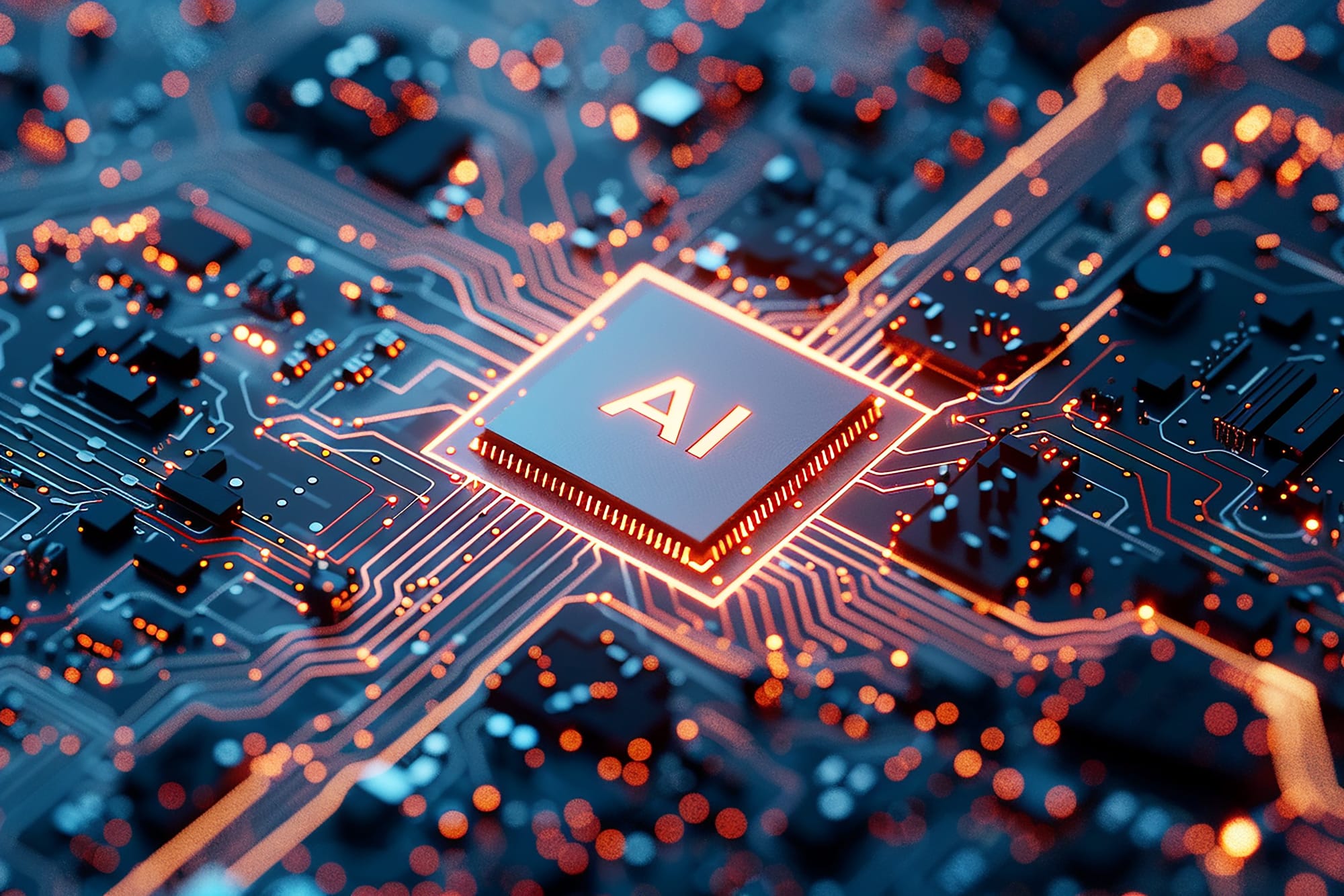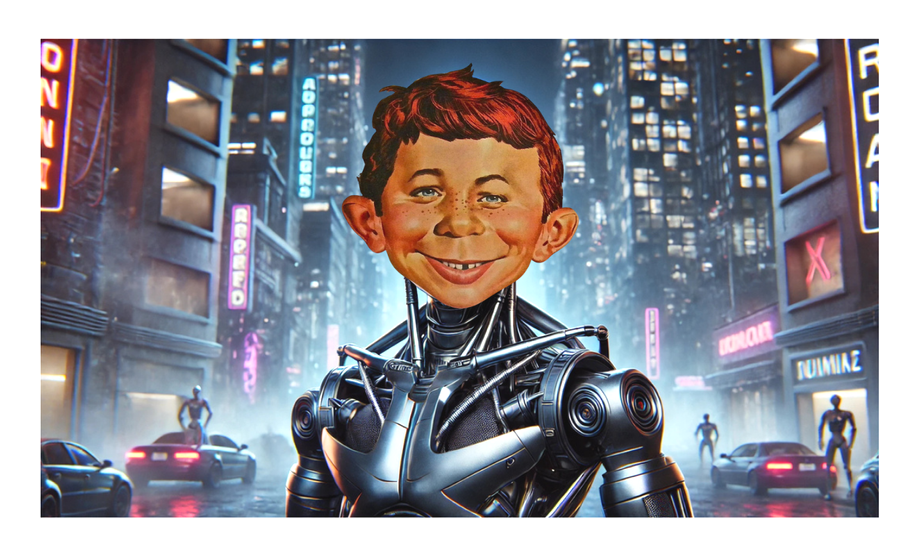Last week, something a little different caught fire on the web: People all over the world were using AI tools to transform their everyday photos into animated scenes inspired by a Japanese animation studio that some may have never heard of previously — but that others have loved for years. That would be Studio Ghibli, a small but legendary film company known for producing visually stunning, emotionally rich, and award-winning animated movies like Spirited Away, My Neighbor Totoro, and Princess Mononoke.
To put Ghibli in some context for those unfamiliar, four of the studio's films are among the ten highest-grossing Japanese feature films.
The images flooding social media had the studio’s signature look — soft pastel skies, wide-eyed characters, enchanted forests, glowing lanterns — but these images weren’t created by hand. Instead, with just a few typed words or a photo upload, people were reimagining their lives through the Ghibli lens using AI. Walks in the park became magical journeys. Childhood photos became anime-style portraits. A grandmother’s smile became the heart of a fantasy scene.
Only it wasn’t Hayao Miyazaki behind the art. It was a prompt.
And the web — as it tends to — lit up with both wonder and outrage.

From Reverence to Replication
Miyazaki is more than just an acclaimed director — he's a cultural icon. As the co-founder of Studio Ghibli, Miyazaki has spent decades crafting some of the most beloved animated films in history. Known for their painterly visuals, quiet emotional depth, and rich storytelling, Ghibli films are celebrated not only in Japan but around the world. Sometimes described as a mix of Disney, Spielberg, and Orson Welles, Miyazaki has elevated animation to poetry — deeply human, often magical, and always made by hand.
Here's the rub: In a 2016 documentary called Never-Ending Man, he watched a test animation created by an AI that showed a zombie-like creature crawling unnaturally. His reaction was swift and withering: “I strongly feel that this is an insult to life itself.”
That moment became something of a cultural touchstone — a line in the sand for animators who believe that art must come from the human hand, the human heart.
But fast forward to March 2025, and Miyazaki’s gentle, whimsical style is now one of the most requested aesthetics across popular AI platforms. (Isn't it ironic?)
AI Tools Go Ghibli Viral
OpenAI, Midjourney, and others have made it easier than ever to generate images “in the style of Studio Ghibli.” Many thousands took to TikTok and Reddit to share their creations: fantasy weddings, childhood memories, beloved pets — all rendered in warm pastels and painterly light.
A TikTok post with over two million likes simply read: “Miyazaki would hate this, but my heart is full.” Another user said, “I know it’s not real – but seeing my grandma as a Ghibli character made me cry.”
According to developer dashboards and forums like Hugging Face and PromptHero, the Ghibli prompt was used more than 25 million times in just five days.
Joy, Fury, and the Fault Line Between Them
The reactions have been, well, emotional — and divided. While fans delighted in the dreamlike results, professional artists had a different take.
“This isn’t honoring Ghibli — it’s erasing what makes it human,” tweeted one illustrator. Others accused AI companies of “style theft,” arguing that scraping and mimicking an artist’s signature look without consent or compensation crosses an ethical line.
Yet many users saw it differently. “It’s not about replacing anyone,” a Redditor wrote. “It’s just a love letter — a fan remix.”
This isn’t new, of course. Fans have always recreated what they love. What’s new is that now it’s fast, frictionless, and — to some — a little too easy.
Style, Ownership, and the Law
And that brings us to the sticky part. Can an artist’s style be copyrighted? Should it be?
AI companies say no — their models are trained on publicly available images, and they don’t reproduce any one work. Critics argue that’s a loophole big enough to drive a Ghibli Catbus through.
Legal challenges are already in motion. In Getty Images vs. Stability AI, the photo agency claims its content was scraped and reused without permission. Meanwhile, startups like Spawning.ai are exploring artist opt-in and compensation tools. But it’s early days, and few standards exist.
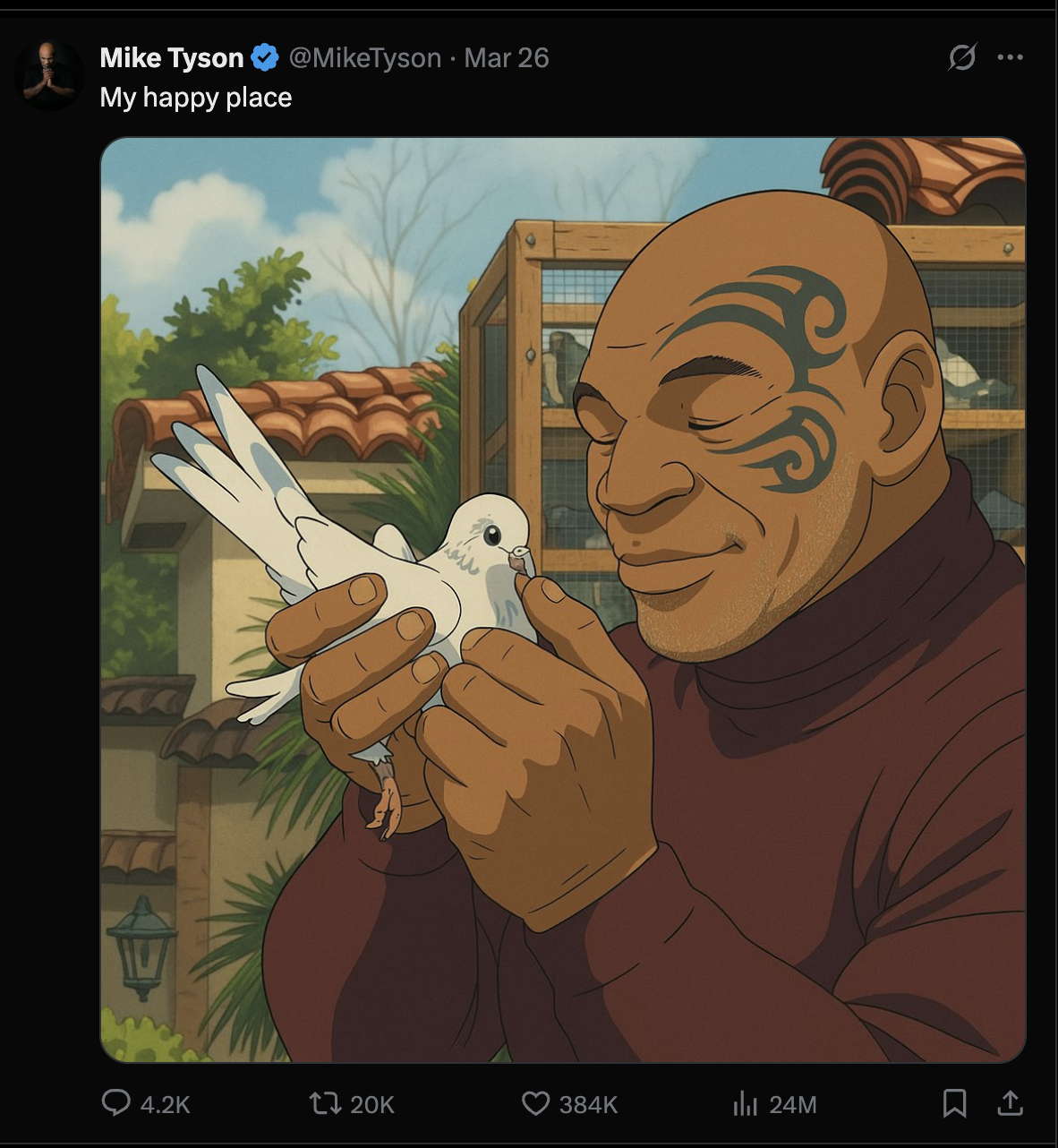
Are We Creating, Or Just Imitating?
What makes this moment so fascinating — and uneasy — is that we’re not just copying the look of Ghibli. We’re simulating the feeling it gives us. The nostalgia. The warmth. The melancholy.
The question is whether those emotions can (or should) be outsourced to an algorithm. Are we celebrating Ghibli, or flattening it into an aesthetic template? Does this count as art, or is it just mimicry with a heart filter?
Back to Miyazaki
Miyazaki once called animation “handcrafted pain.” There’s something poetic — and tragic — about seeing that pain distilled into a few typed prompts. One popular Reddit post celebrated - or mourned? - that a four-second crowd scene took one year and three months to complete.
Still, there’s real emotion in the results. People aren’t using this tech to mock his legacy. If anything, they’re trying to bring a little of that Ghibli magic into their lives — one AI-rendered memory at a time.
Would Miyazaki approve? Probably not.
A Question of Soul — and of Compensation
As AI keeps inching into creative territory, the conversation will only grow louder. What do we value more: authenticity or accessibility? Craft or convenience? Can something generated in seconds still be meaningful? And how important is it that we compensate creatives?
So far, most artists whose work inspired these models haven’t seen a dime. Their styles — developed over years of practice and personal expression — have been absorbed into massive datasets with no opt-in, no royalties, and no real way to track usage. It’s a system that benefits tech platforms and users, but rarely the original creators.
Efforts like Spawning.ai are trying to change that, but without legal mandates or industry-wide standards, the imbalance remains. If we truly value the artists whose visions we prompt into our own lives, maybe it’s time we show it — not just with admiration, but with compensation.
And in the bigger picture, Miyazaki warned that AI might dull our sensitivity to life itself. That’s a warning worth remembering — even when the results look this beautiful.

